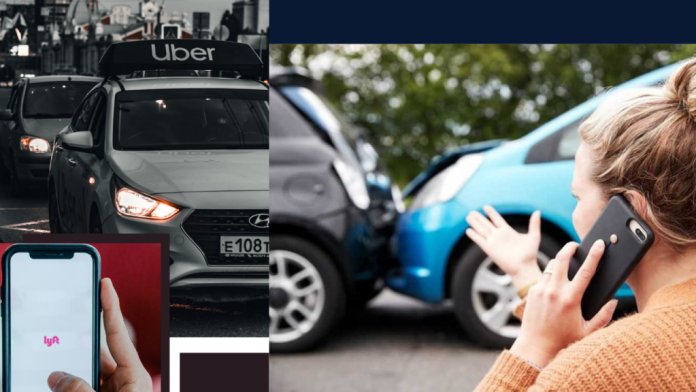Rideshare services have transformed urban transportation, but the rise in Uber and Lyft usage has also led to increased accidents involving these vehicles. Navigating the intricacies of a rideshare accident can be daunting, especially when understanding what compensation may be available.
Knowing what rights you have and what damages are available is essential for obtaining fair compensation. If you are unsure how to proceed, it is wise to hire a rideshare accident lawyer from The Rothenberg Law Firm LLP to guide you through the legal process and maximize your compensation.
Economic Damages
Since economic damages cover quantifiable monetary losses brought on by the accident, they are the most straightforward kind of compensation. Usually, these consist of:
- Emergency care, hospital stays, surgeries, physical therapy, prescription drugs, and any further or continuing medical care needed as a result of the accident are all included in the medical costs.
- Lost wages: You are entitled to reimbursement for the money you lost while recovering from your injuries if they keep you from working. This also includes decreased earning potential in the event that your injuries impair your future employment.
- Property damage: Expenses associated with replacing or repairing personal items damaged in the collision, such as your bicycle, car, or other possessions.
- Out-of-pocket costs may include travel expenses for medical appointments or hiring help for household tasks during recovery.
Non-Economic Damages
Non-economic damages address the intangible losses that have no direct monetary value but significantly impact your quality of life. Although they can be harder to measure, these losses are just as significant in a ridesharing accident case:
- Pain and suffering: Amount paid to compensate the victim for physical pain and suffering resulting from the accident.
- Emotional distress: Disorders such as anxiety, depression, and post-traumatic stress disorder (PTSD) that arise from the trauma of the incident.
- Reduced quality of life: If your injuries restrict recreational activities, social functions, or other aspects of daily living, you may be entitled to damages for diminished life satisfaction.
- Loss of consortium: In cases where injuries affect your relationship with a spouse or family members, damages may be awarded for the negative impact on those relationships.
Punitive Damages
A punitive damage award can be granted in some cases under special circumstances. These are meant to penalize the rideshare driver or company for careless or severe behavior, such as driving while intoxicated or participating in risky activities, rather than to make up for losses. Punitive damages have a high bar and are only awarded in cases where egregious carelessness is shown.
Final Thoughts
A complete recovery in a rideshare accident case requires knowledge of the many forms of compensation that are available. Non-economic damages make up for the psychological and emotional toll, whereas economic damages deal with actual monetary losses.
Punitive damages may also be sought under special circumstances. Because rideshare accident claims are so complicated, it’s critical to have an experienced attorney at your side to make sure that every possible source of compensation is investigated and successfully pursued.

